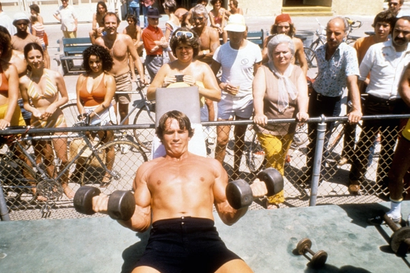Earlier this year, Regis Prograis turned 30, and he’s still swinging — hard. The American boxer remains one of the most interesting, formidable sportsmen in any ring around the world, and his story is as interesting as his singular, winning technique. At the age of 16, Prograis was forced to move from his native New Orleans when Hurricane Katrina struck, and ended up in Houston, Texas.
It was a move that saw the athlete step into the ring with boxing legend Evander Holyfield at the city’s Savannah Boxing Club, who steered him on a professional path and helped him build up a remarkable career. Since the, Prograis has become the world’s third best active light welterweight; holding an 83% knockout-to-win ratio.
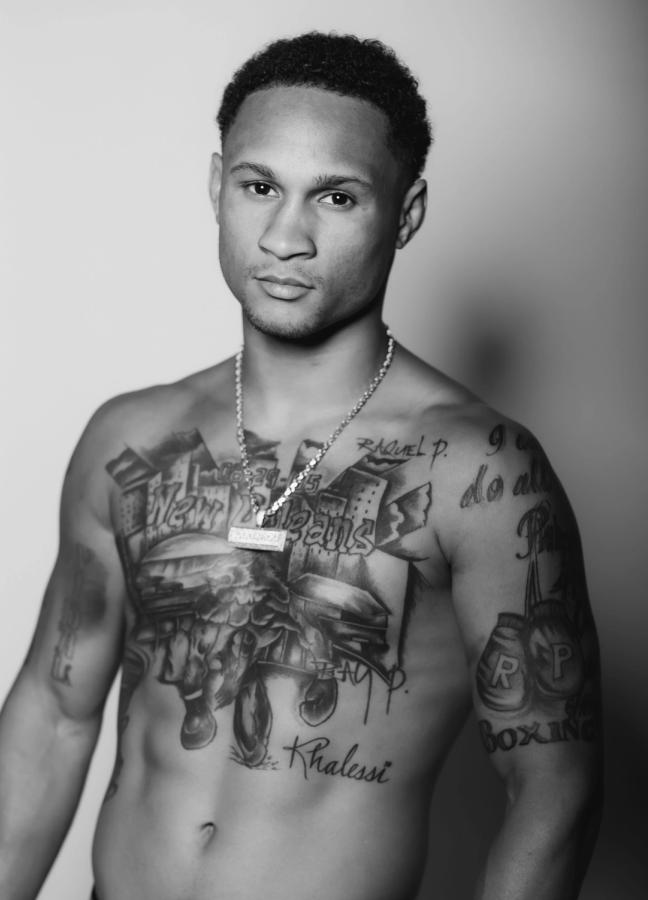
A southpaw, he took the professional nickname ‘Rougarou’ to pay homage to his Native American grandfather, and developed a reputation as a hard-hitting force to be reckoned with by the time he finished his amateur career in 2012 with a 87-7 record.
Today, as a professional light welterweight, Prograis doesn’t look like your typical boxer. He isn’t so beefed up that he can’t fit into normal clothes, and weighs in between 135 and 140 pounds to remain in his weight class. So, without the bulking up and constant eating that takes up much of a heavyweight’s — or rugby player’s – day, how does Prograis train — and maintain the body of an elite boxer?
What does a normal day of training look like for you?
I get up and go to the gym at 9AM at first. I train three times throughout the day, and then I do cardio — running — around 9PM at night. So I’m done for the day around 10PM.
For training, I run stairs and along the beach — but I don’t like to run. I also swim. And I think you should definitely pair up weight training with this type of cardio. But everyone’s body is different; so it really depends on what works for you. For instance, I hate swimming with my coach, Evans. He tries to kill me in the water! But, when I’m swimming in the ocean, I love it.
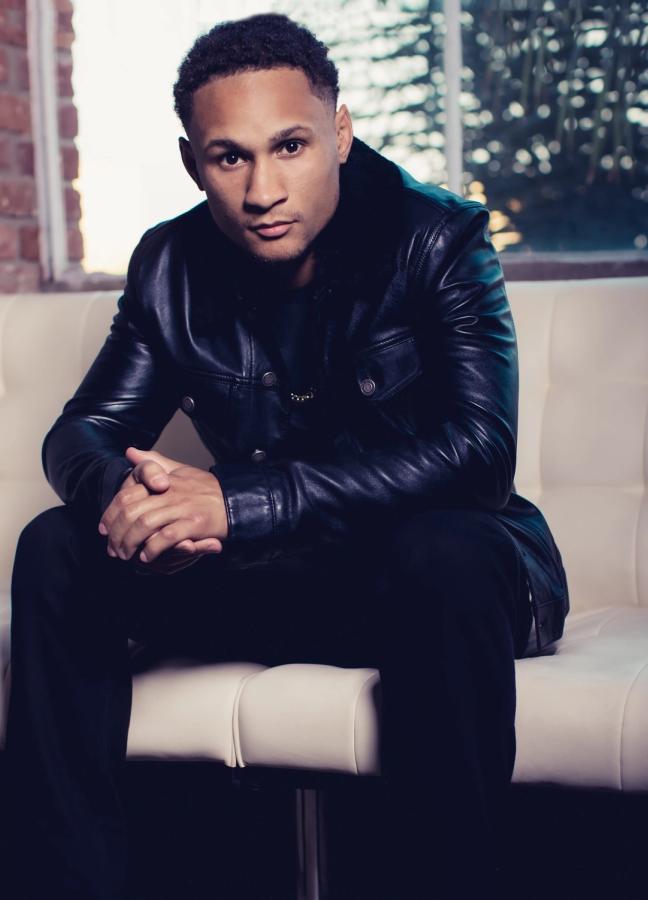
When you head to the gym, what weights do you use?
I used to be a personal trainer, so I think free weights are more beneficial. You use more muscle than you would using machines when you use free weights — because they’re more isolated. So I use the hammer — the sledge hammer — for arms, shoulders and wrists. And then I also do pull-ups and push-ups.
What helps more when training as a boxer, sparring or weight-training?
You always want to spar. That’s what gets you more ready than anything. It’s just the best thing, sparring — exercise-wise, boxing-wise. It’s the best. Because, when you spar, it’s always a different way of training. When you just hit bags and stuff, the bags won’t hit back. That’s a very different way to train.
Sparring is an overall workout — but you have to have someone who’s going to push you.
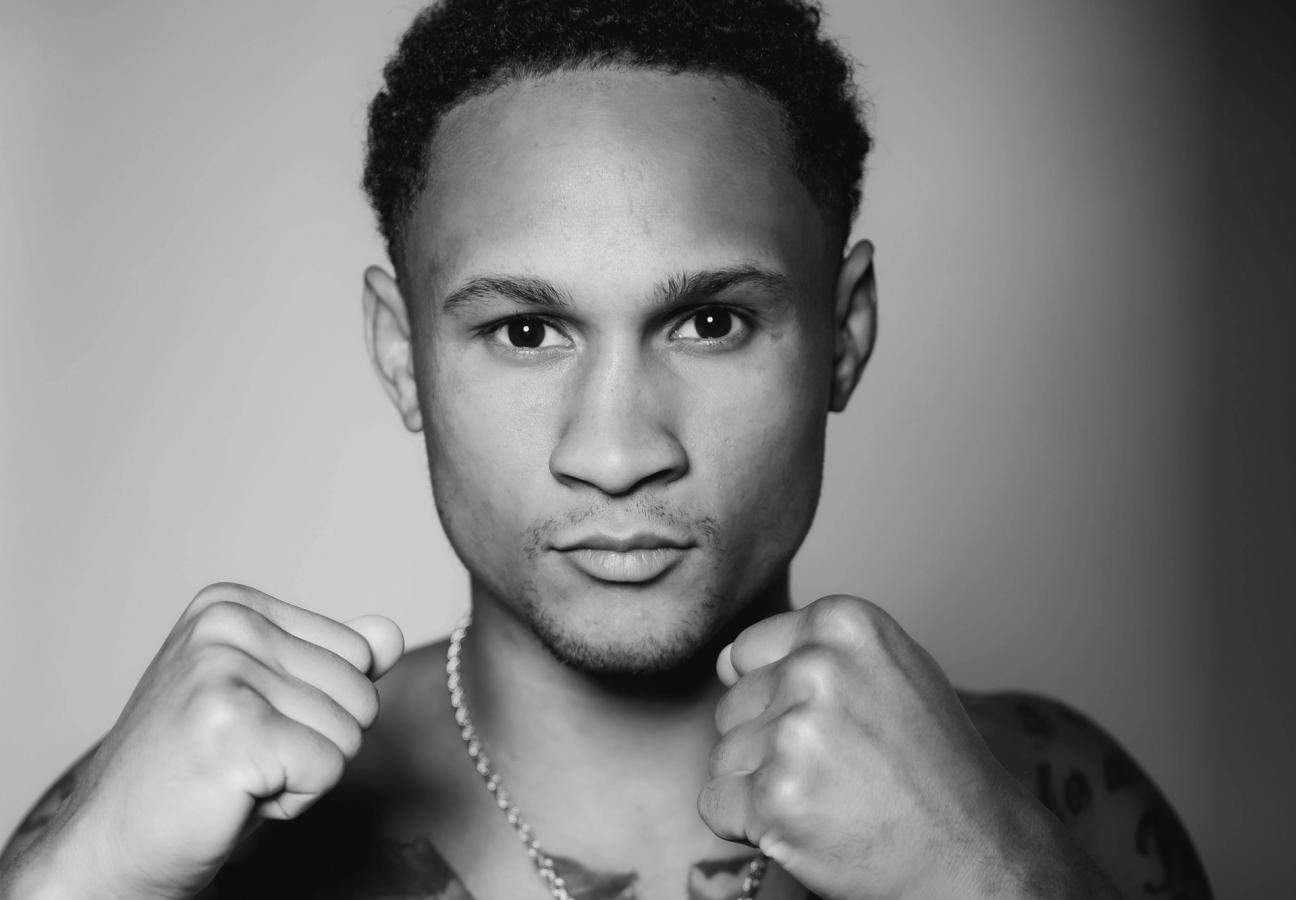
Do you use any modern training methods to prepare for fights?
Yes, I do cryotherapy — and I also use steam rooms. But I’m also into a lot of the more old school methods. If stuff like ice baths worked for the boxers in the past, I’m going to do that. And I’m used to doing all those old training techniques. They help me to maintain a sharp mindset going into my fights, and they feel more natural to me.
What about diet? Are you traditional or modern when it comes to nutrition?
I don’t believe in counting calories. I believe that you should eat when you’re hungry, you should drink when you’re thirsty and you should sleep when you’re tired. I eat until I’m full; there’s no real diet. And I only eat twice a day. And there are a lot of foods I don’t eat, too. I don’t eat salads. I hate vegetables — although I do drink vegetables!
Looking to bulk up, but got no time for the gym? Here’s all you need for the perfect home gym…
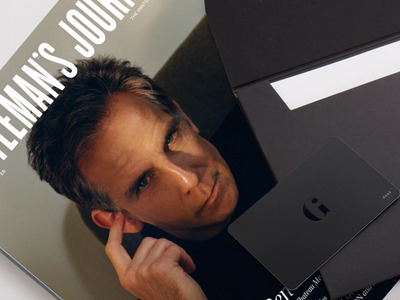
Become a Gentleman’s Journal Member?
Like the Gentleman’s Journal? Why not join the Clubhouse, a special kind of private club where members receive offers and experiences from hand-picked, premium brands. You will also receive invites to exclusive events, the quarterly print magazine delivered directly to your door and your own membership card.


